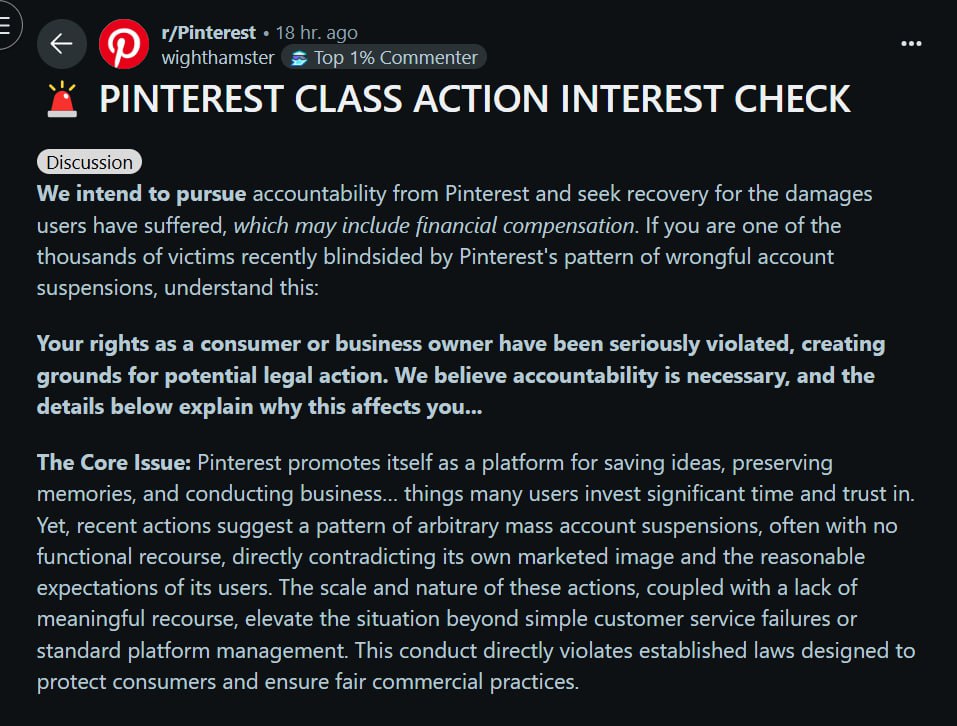In a stark reminder of the precarious nature of online platforms, Pinterest users worldwide are reeling from a sudden and unexplained wave of account bans that began in late April 2025.
As of May 3, 2025, the platform has offered little clarity, leaving users frustrated, heartbroken, and increasingly vocal about their losses. The fallout has ignited a firestorm across social media, with many questioning the true ownership of their digital creations and the unchecked power of AI-driven moderation.
A Wave of Bans with No Clear Cause
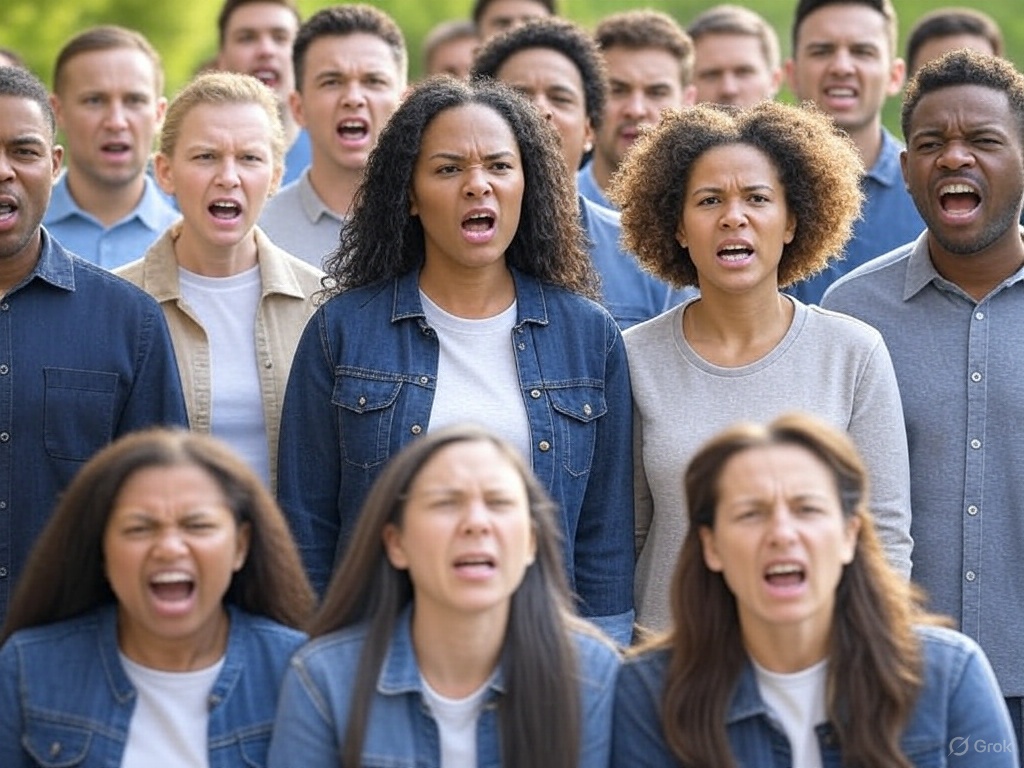 Over the past week, Pinterest users have reported mass account suspensions and pin removals, often without warning or explanation. The r/Pinterest subreddit, along with platforms like X, TikTok, and Instagram, has become a hub for venting, with users sharing stories of losing years’ worth of content—some accounts dating back a decade.
Over the past week, Pinterest users have reported mass account suspensions and pin removals, often without warning or explanation. The r/Pinterest subreddit, along with platforms like X, TikTok, and Instagram, has become a hub for venting, with users sharing stories of losing years’ worth of content—some accounts dating back a decade.
Many affected users claim they adhered strictly to Pinterest’s Community Guidelines, using the platform for innocent purposes like saving fashion ideas, recipes, art references, or home design inspiration.
Yet, their accounts were abruptly deactivated, with some pins flagged for absurd reasons, such as quilting magazines being labeled as “adult content.”
Pinterest’s response has been tepid at best. On May 1, 2025, the company posted on X, stating, “We continuously monitor for content that violates our Community Guidelines, and accounts with violative content may be deactivated as a result.”
They directed users to appeal deactivations through support channels, but many report that appeals are either ignored or automatically rejected, with notifications citing an unusually high volume of requests. This boilerplate response has only fueled user anger, as it fails to address the core issue: why are accounts with no apparent violations being targeted?
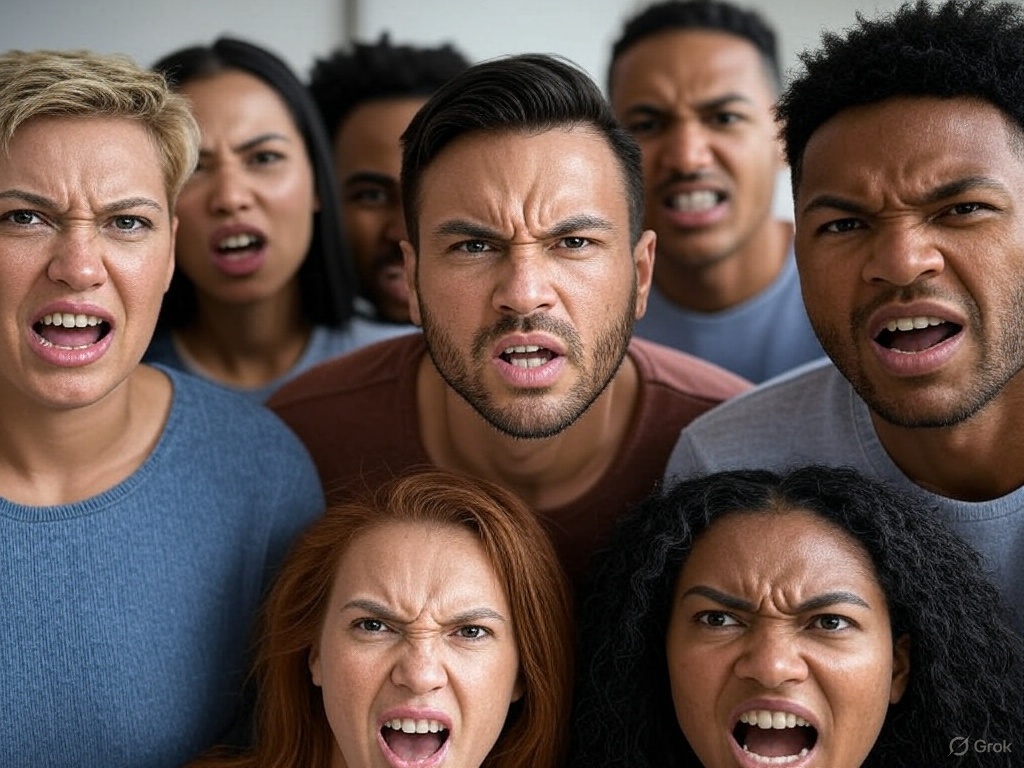 Also read:
Also read:
- Spotify and Patreon Push for Payment Freedom: A New Era for Creator Economy
- Gumroad Acquires Small Bets Community for $3.2M: A Rare Move in the Creator Economy
- Twitch Streamers Keep Accidentally Exposing Their Platform Earnings
The AI Moderation Theory Gains Traction
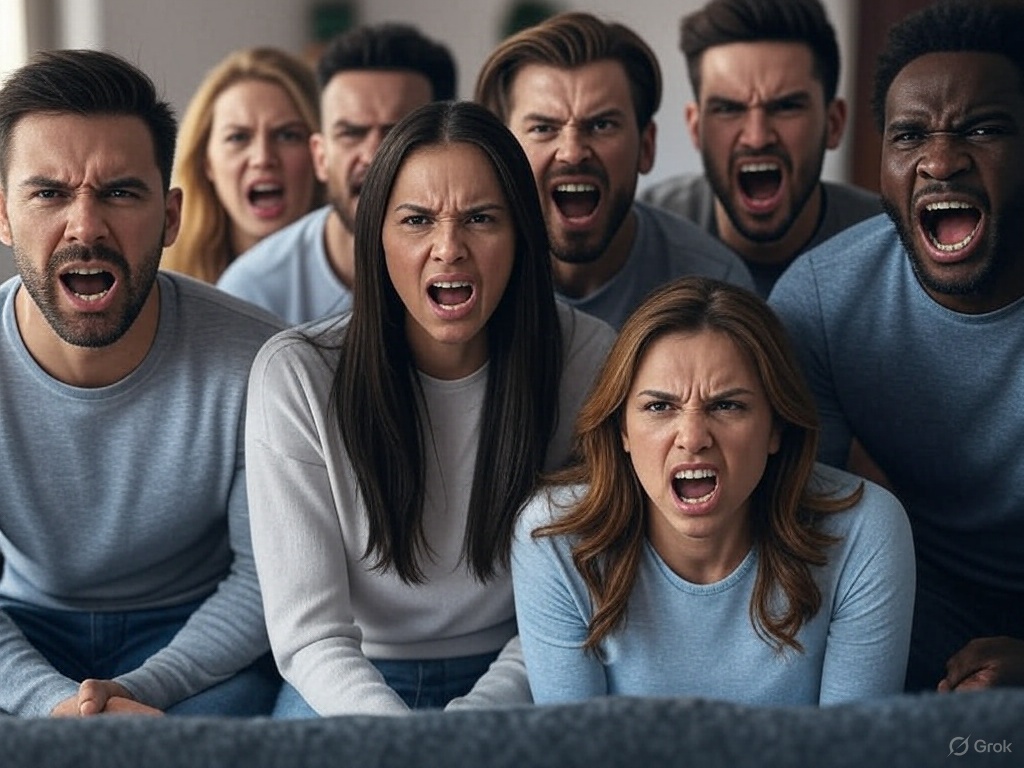 With Pinterest remaining tight-lipped, users have turned to speculation, and one theory has gained significant traction: the company’s reliance on AI for content moderation may be to blame.
With Pinterest remaining tight-lipped, users have turned to speculation, and one theory has gained significant traction: the company’s reliance on AI for content moderation may be to blame.
Pinterest has long used AI to assist with content checks, as noted in its Help Centre and detailed in a 2021 VentureBeat article where the company outlined its machine learning technologies for moderation.
However, users now suspect that a recent update to these systems has gone haywire, leading to overly aggressive and indiscriminate bans.
Posts on X reflect this sentiment, with users decrying the “rampant generative AI slop” on the platform and accusing Pinterest of replacing human moderators with AI bots that are now “randomly banning accounts that didn’t even violate TOS.”
 This isn’t the first time Pinterest has faced criticism over AI. In early 2024, the platform briefly banned searches for AI-related terms like “Midjourney” and “ChatGPT,” a move that baffled users and was later reversed.
This isn’t the first time Pinterest has faced criticism over AI. In early 2024, the platform briefly banned searches for AI-related terms like “Midjourney” and “ChatGPT,” a move that baffled users and was later reversed.
More recently, a March 2025 ZDNET article highlighted user complaints about AI-generated pins flooding feeds, dubbing it “The Enshittification of Pinterest.”
Now, the company’s March 2025 privacy policy update, which allows Pinterest to use user data and photos for AI training regardless of when they were posted, has added fuel to the fire.
Users feel betrayed, arguing that their content—once a personal or professional asset — is being exploited while they’re simultaneously locked out.
The Human Cost: More Than Just Pins
 The impact of these bans goes far beyond the loss of digital mood boards. For many, Pinterest is a repository of personal history — think family photos, artwork, or project ideas that can’t be replaced. Others rely on the platform professionally.
The impact of these bans goes far beyond the loss of digital mood boards. For many, Pinterest is a repository of personal history — think family photos, artwork, or project ideas that can’t be replaced. Others rely on the platform professionally.
Freelancers and creatives use Pinterest boards as mood boards to share with clients, while influencers and merchants depend on affiliate links and ad campaigns for income.
One Reddit user, wighthamster, noted, “Pinterest promotes itself as a platform for saving ideas, preserving memories, and conducting business… yet recent actions suggest a pattern of arbitrary mass account suspensions, often with no functional recourse.”
The financial and emotional toll has left users feeling powerless, with some on Reddit even gauging interest in a class-action lawsuit against Pinterest for lost income and irreplaceable content.
A Broader Lesson: Who Really Owns Your Content?
This debacle underscores a harsh reality of the digital age: the content you upload to platforms like Pinterest isn’t truly yours. When you agree to a user agreement, you often surrender significant control, granting companies the right to moderate, use, or delete your data at their discretion.
Pinterest’s updated privacy policies, which now allow the platform to train AI on user content, further blur the lines of ownership. As one X user put it, “Pinterest is going to shit because of the rampant generative AI slop on there, AND NOW their own AI bots are randomly banning accounts.” The lack of transparency and accountability only deepens the sense of betrayal.
What’s Next for Pinterest and Its Users?
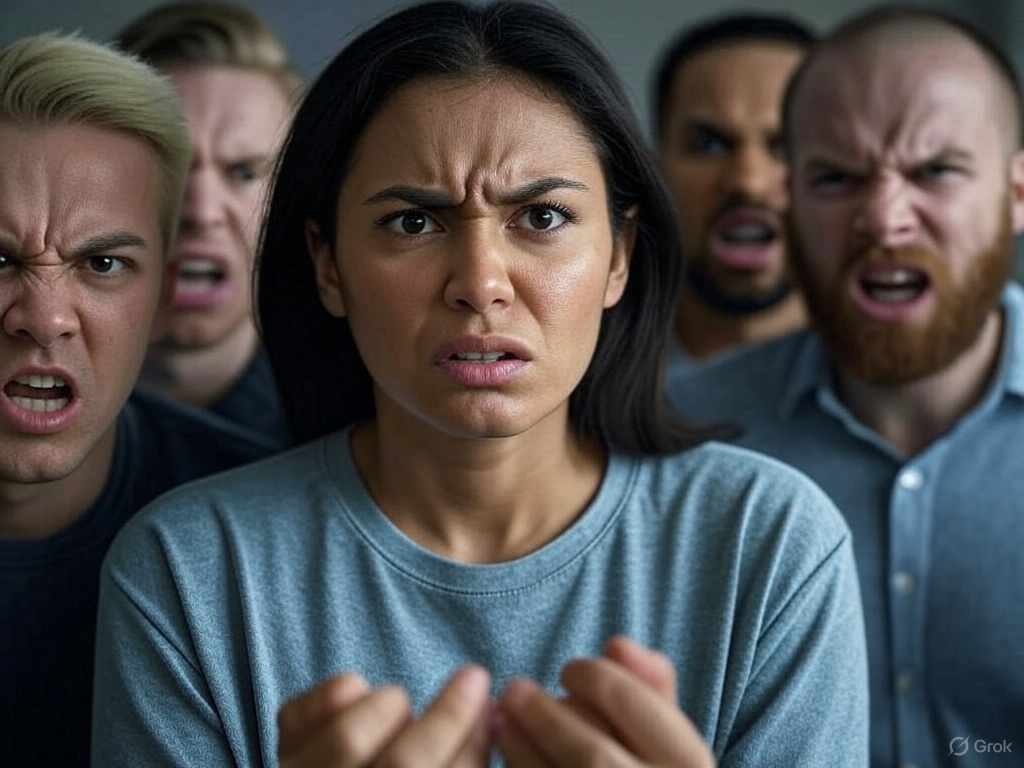 As the backlash grows, Pinterest faces mounting pressure to address the issue head-on. Users are calling for a complete overhaul of the AI moderation system, greater transparency, and a more reliable appeals process.
As the backlash grows, Pinterest faces mounting pressure to address the issue head-on. Users are calling for a complete overhaul of the AI moderation system, greater transparency, and a more reliable appeals process.
Some have taken proactive measures, downloading their boards to Google Drive or exploring alternatives, while others are leaving one-star reviews on the App Store in protest.
The threat of legal action looms large, with affected users citing not just financial losses but also violations of trust and potential breaches of privacy laws like GDPR and CCPA, especially given past Reddit reports of users accessing strangers’ accounts due to platform glitches.
For now, the Pinterest ban wave serves as a cautionary tale for anyone relying on social media platforms to store valuable content. Back up your data, read the fine print, and remember: in the world of big tech, your digital creations are only as secure as the company’s next algorithm update.

